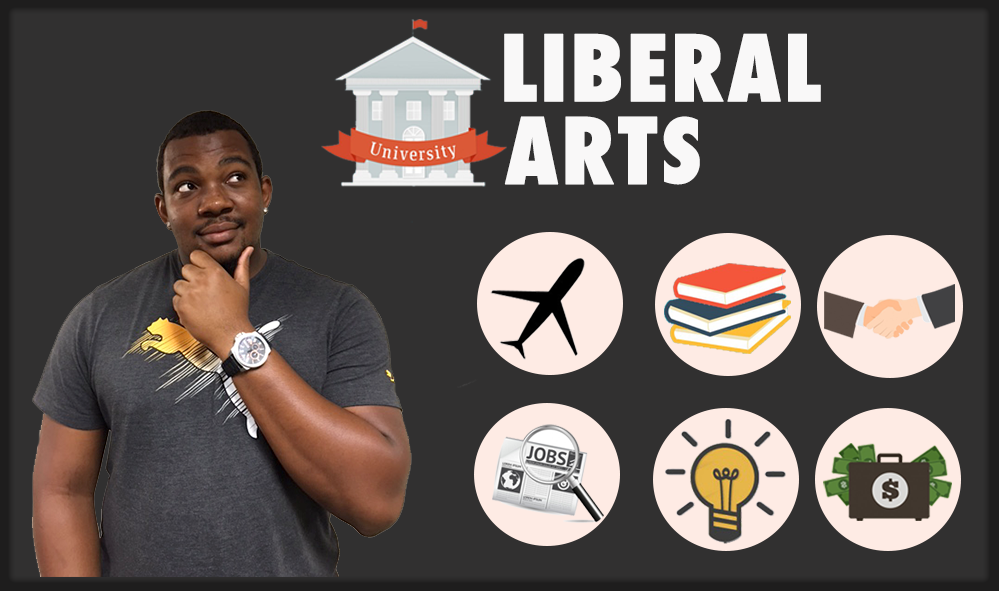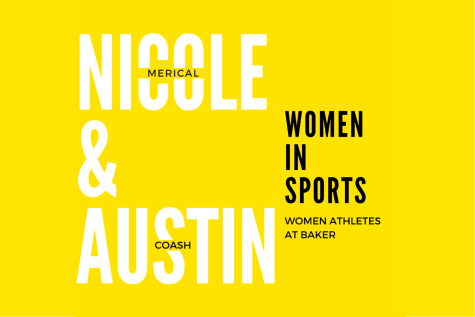Liberal arts colleges give students an advantage
Of all the athletes in the world, soccer players are some of the most well rounded. Soccer players usually are fit, fast, agile and strong. They are often better developed than athletes in other sports that focus heavily on one area of fitness. Runners typically will not be able to lift as much as a soccer player. Football players may not be as agile or quick.
Having different life experiences is vital for happiness. I have friends who have bungee-jumped in Central America, friends who have worked for the FDIC, friends who have performed at Carnegie Hall, even friends who have been signed to professional soccer teams. I feel fortunate to have lived a life full of diverse experiences at the age of 21, while others will wait years to live half of the opportunities that many of my classmates and I have enjoyed.
My friends and I have our liberal arts education to thank for these once-in-a-lifetime moments. In fact, rich experiences like these are a social norm at several liberal arts universities in the United States. I know friends attending state schools or specialty research institutions who have experienced one or two of these moments, but few have experienced multiple opportunities within their four undergrad years.
College is a very costly investment, and it is important to weigh what future employers will look at when judging your resume outside of school. When I ponder the differences between a liberal arts education and a research-based degree, I equate the issue to a decision of whether to acquire knowledge in several subjects or become advanced in one small area.
Students seeking specific degrees like computer science, accounting or engineering may benefit from pursuing a streamlined research degree. However, there is an option that is more attractive: a computer science, accounting or engineering degree with the additional liberal arts foundation. Like soccer players are fit in multiple ways, liberal arts students have become well versed in multiple life skills.
A job candidate with a specialized degree, additional knowledge in various subjects and the experiences gained through a liberal arts university will be much more attractive to employers than a candidate with nothing to show but a diploma.
A liberal arts school is typically small, lacks name recognition, and has strong relations with alumni/board of trustees. Liberal arts institutes add focus into arts/humanities classes in order to broaden students’ perspectives.
If students make connections to alumni throughout their time in school (as many liberal arts students do), their career options may be enhanced greatly. As a rising senior, I have already accepted a job offer with one of the largest companies in the world to begin after graduation. This was due to the alumni connections developed at Baker.
In 2013, an overwhelming majority of employers (80 percent) agreed that regardless of major, college students should gain knowledge and experience in the liberal arts. This is due to the massive amounts of young American adults have a college degree. Just 20 years ago, it was enough to have a degree alone in order to receive a job offer. These days, with thousands of candidates holding similar diplomas, more is needed to set oneself apart from the masses. A liberal arts education provides this dynamic.
A degree from a research institution may or may not lead to an immediate job offer upon graduation. A degree from a liberal arts institution indicates greater career success over time due to the leadership skills, diverse experiences and knowledge.
How is it possible to argue against educating the whole person versus training graduates to succeed at specific jobs that employers may need to fill at some point in time? We live in a rapidly changing world, and I would put my money on someone well rounded over someone with specific training any day.
With the current rate of innovation, it is impossible to predict where jobs will be in the coming decades. Liberal arts students are prepared to live meaningful lives and flourish in multiple careers as the world changes.
Just as soccer players may be able to outshine many other athletes because their overall fitness trumps all, liberal arts students have a similar advantage. Having different skills and competencies in their back pockets will ultimately give them an edge over the competition.












